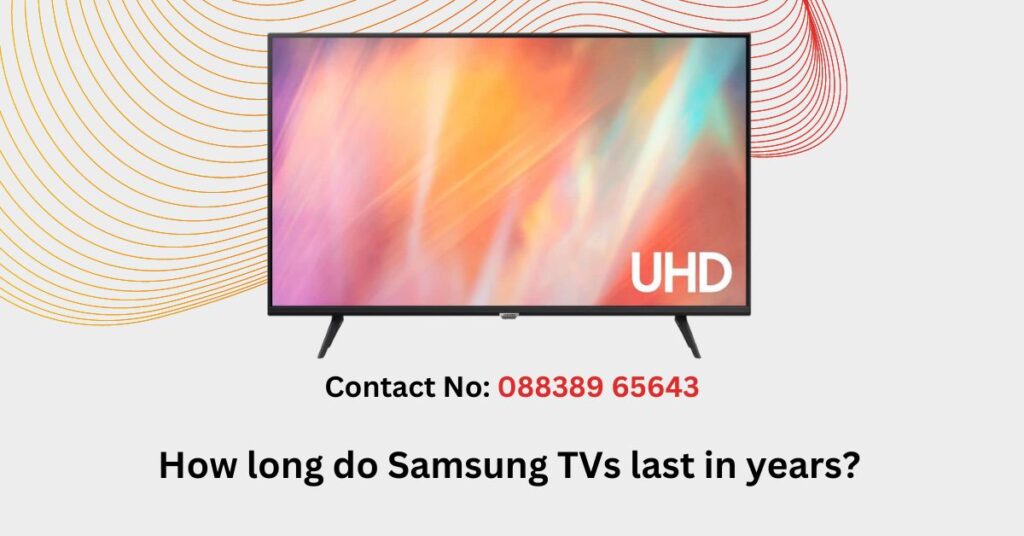The lifespan of a Samsung TV, like any other television, can vary depending on several factors. These factors include the quality of the TV, usage patterns, maintenance, and technological advancements. While it’s challenging to provide an exact lifespan, here are some general guidelines:
- Quality: Samsung produces a wide range of TV models with varying build qualities and components. Generally, higher-end models tend to have better build quality and may last longer than entry-level or budget models. Premium models often feature advanced technologies and better durability.
- Usage: The amount and intensity of usage can affect the lifespan of a TV. If a TV is used for many hours every day, it may wear out more quickly compared to a TV that is used less frequently. TVs used for extended gaming sessions or with high brightness settings may experience more strain and potentially have a shorter lifespan.
- Maintenance: Proper maintenance and care can contribute to the longevity of a TV. Keeping the TV clean, avoiding exposure to extreme temperatures, and following the manufacturer’s guidelines for usage and maintenance can help extend its lifespan.
- Technological advancements: TVs are constantly evolving, and new technologies are introduced regularly. While a Samsung TV may physically last for many years, it’s worth noting that technological advancements and changing consumer preferences may lead to a desire for an upgrade before the TV itself fails.
As a general estimate, modern Samsung TVs can be expected to last anywhere from 5 to 10 years or even more with proper care. However, it’s important to remember that this is just an approximation, and individual experiences may vary. Factors such as technological advancements, changes in viewing habits, or the desire for newer features may prompt users to replace their TVs before any significant failure occurs.


